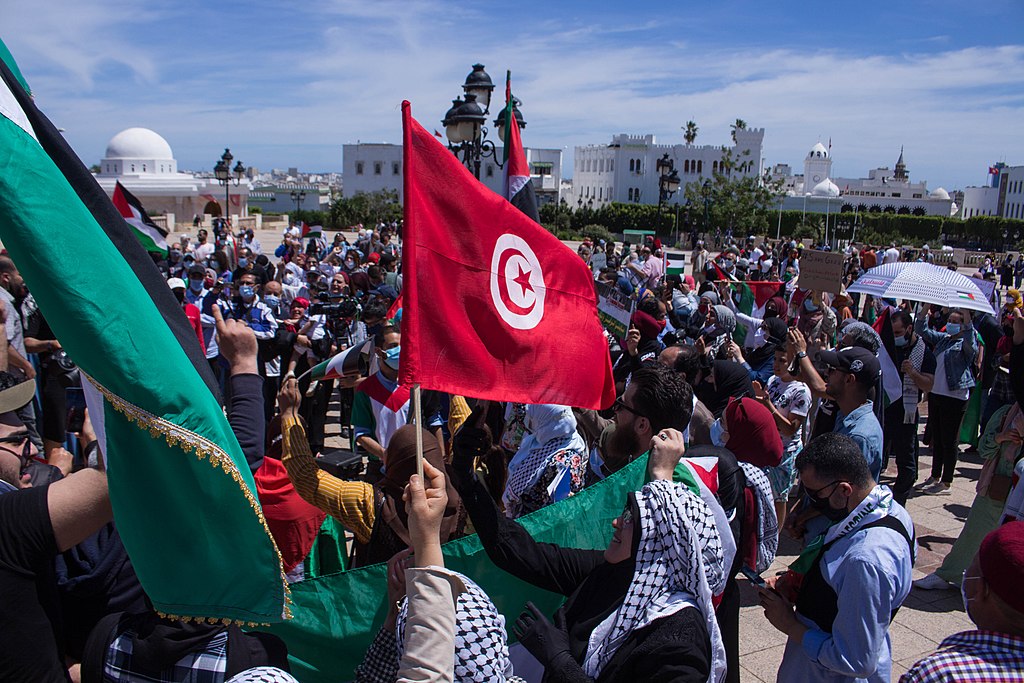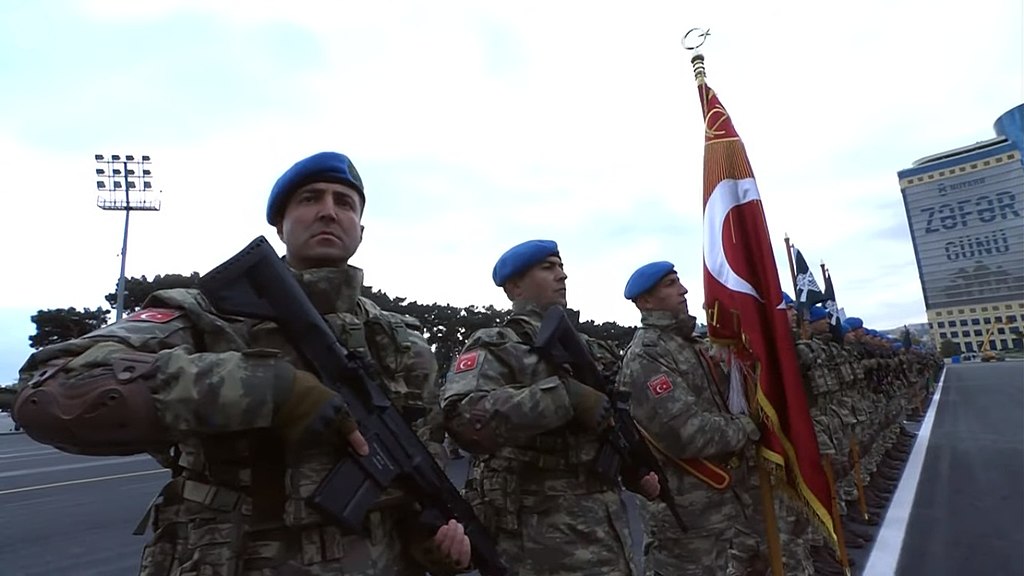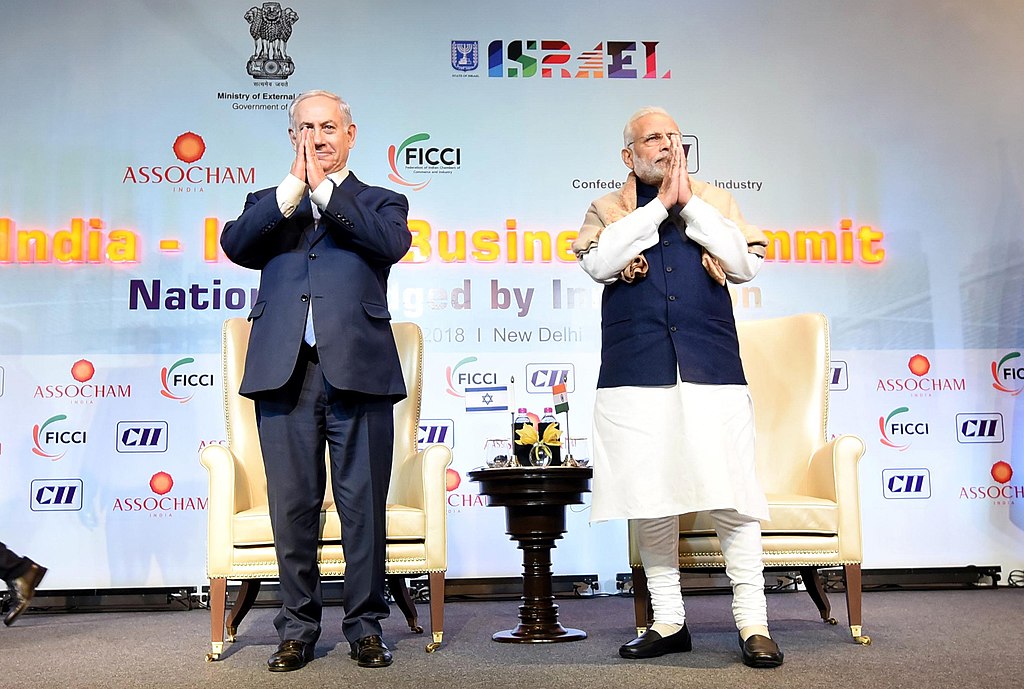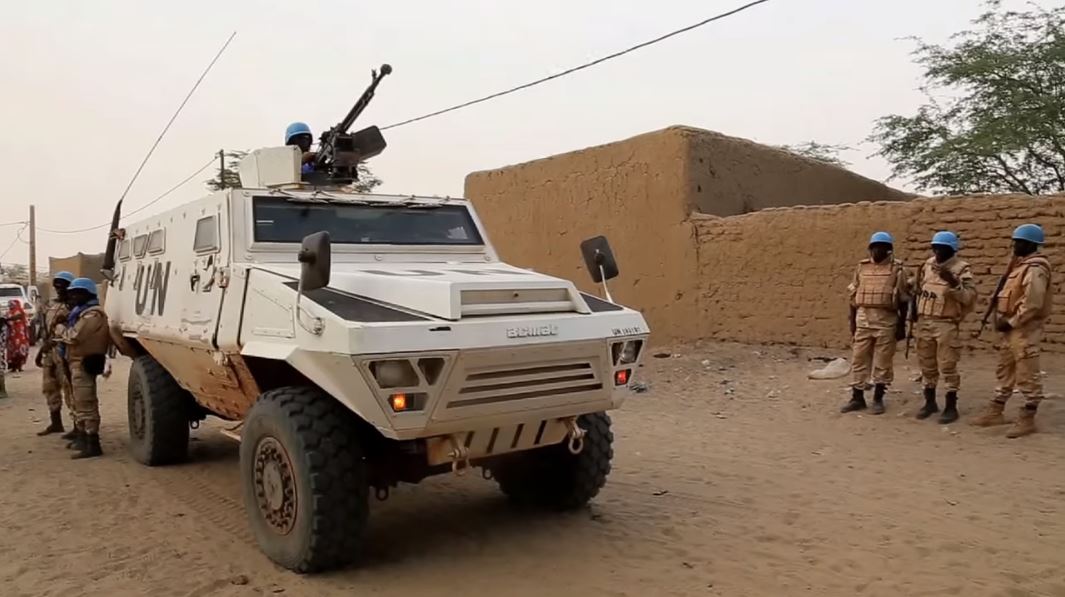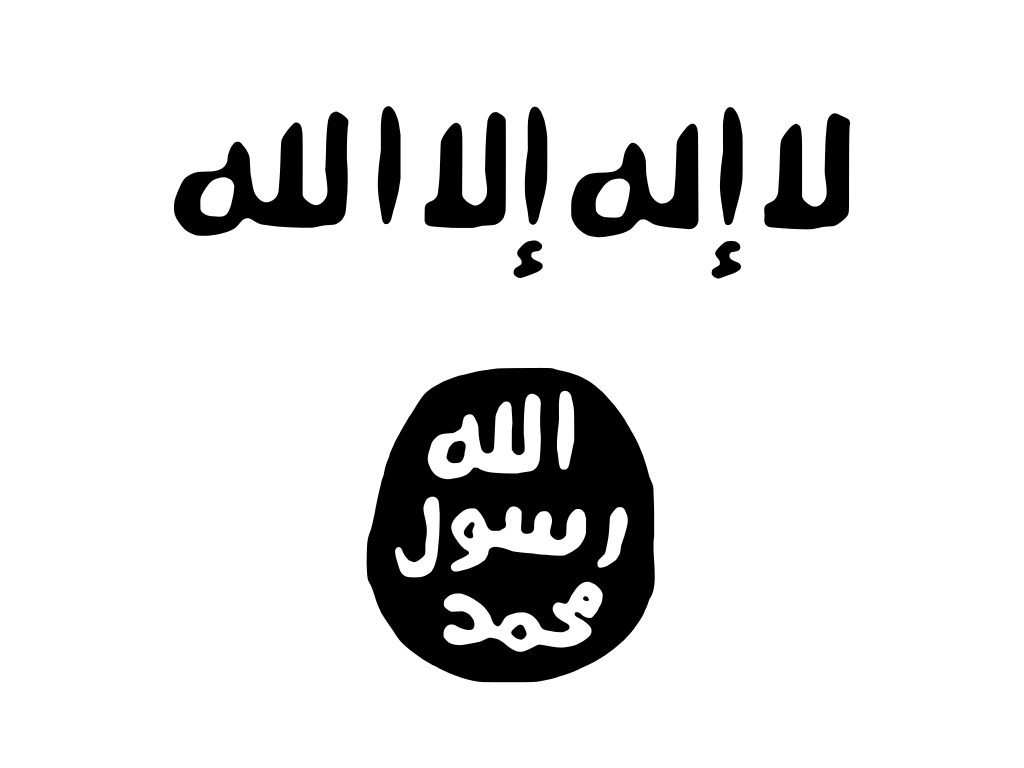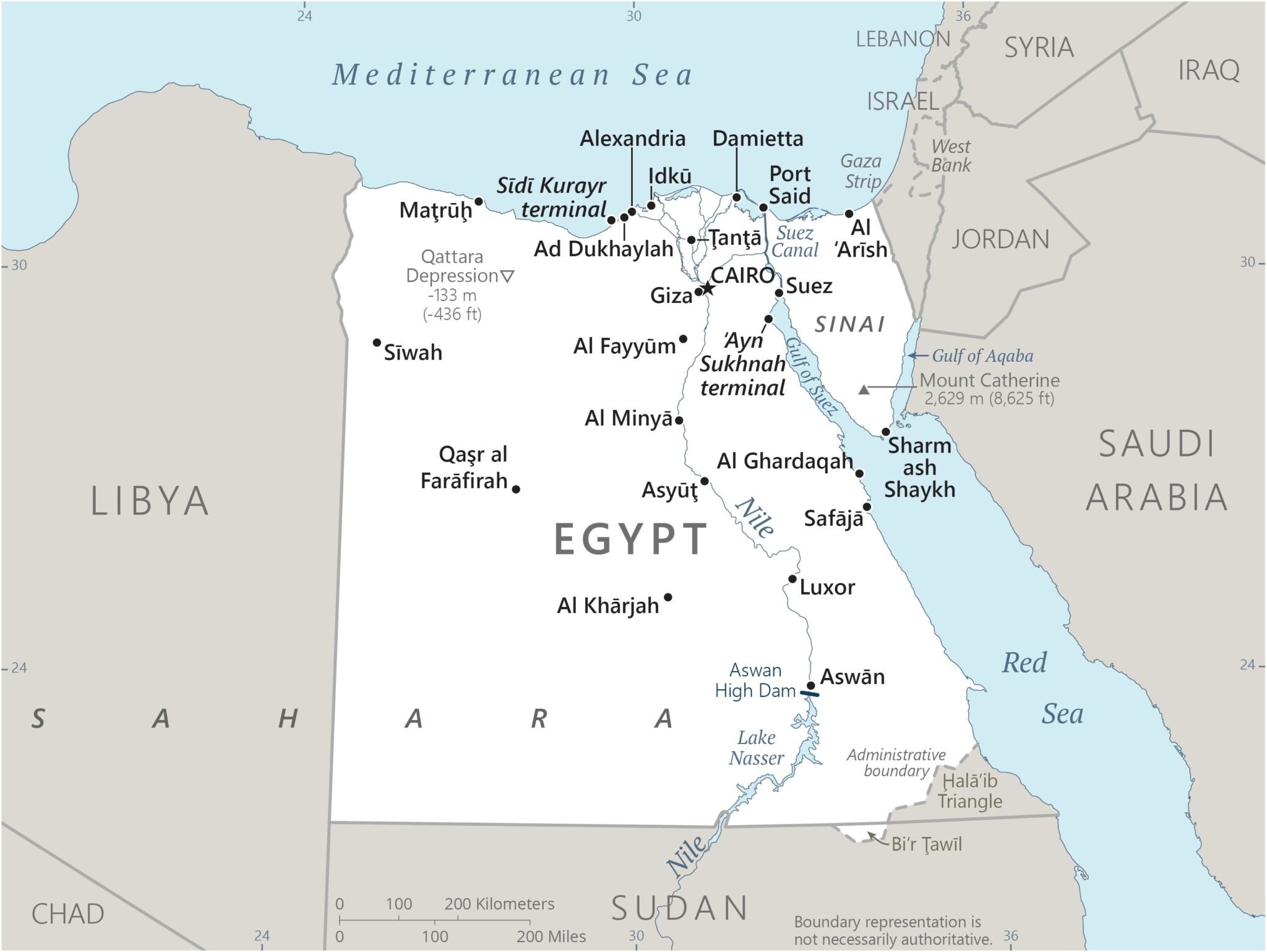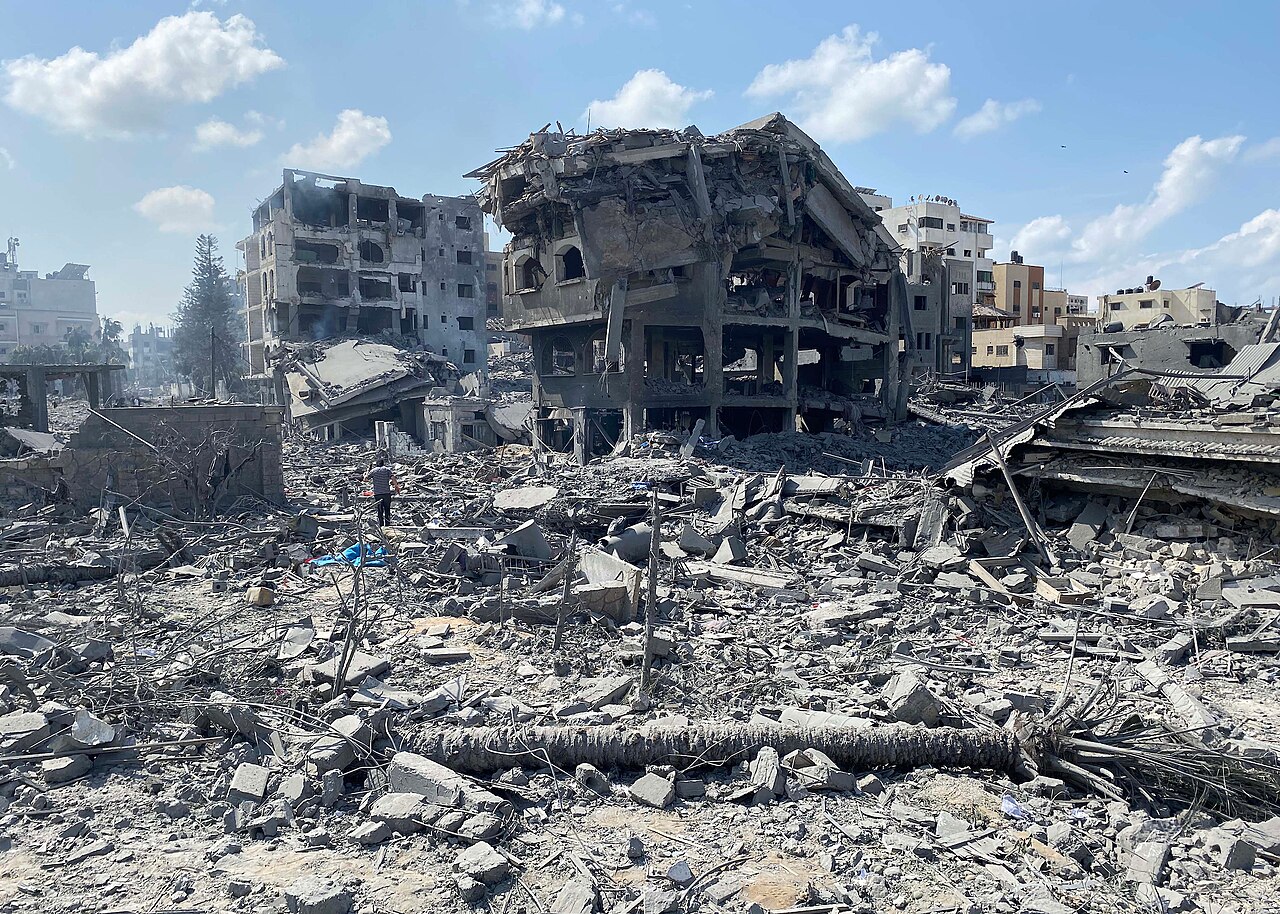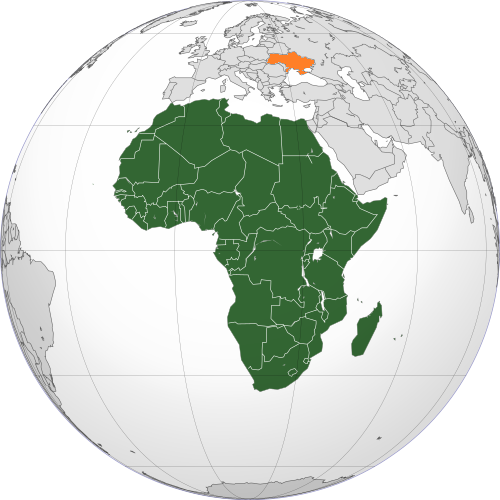
Following its invasion by Russia, Ukraine is now launching a counteroffensive against Russian influence in Africa.
“Ukraine’s involvement in attacking Wagner forces in Africa signifies a limited yet noteworthy expansion of the Ukrainian conflict.”
While the diplomatic implications of the Russian invasion of Ukraine have been felt in Africa,[i] the security implications have been less so. That appears to be changing. As the first accompanying article from the Nigeria-based Military Africa monitoring site suggests, members of the Ukrainian special forces appear to have targeted members of the Russian Wagner Group operating in Sudan supporting the Rapid Support Forces (RSF). In April 2023, fighting erupted between the Sudanese Armed Forces (SAF) and the paramilitary RSF, two groups that had previously worked together to oust Sudanese President Omar Al-Bashir in 2019, and then led a subsequent military coup in 2021. As tensions between the two groups rose post-2021 coup, fighting broke out in the spring of 2023. Reporting has suggested that Wagner Group forces—which have been in Sudan since 2017 to support deposed President Al-Bashir—are now aiding the RSF, providing the faction surface-to-air missiles and other support. Notable is that Ukrainian special forces have taken their fight against Russia to Sudan, allegedly working with members of the SAF to attack the rival RSF/Wagner contingents in the country. As the article notes, other reporting has suggested that Ukrainian mercenaries not officially associated with the government may also be participating in fighting in Sudan on the side of the SAF. Indeed, this news from Sudan falls in line with Ukraine’s August 2023 pledge to radically revive Ukraine’s relations with African countries to lessen what one Ukrainian diplomat called Moscow’s “grip” on the continent based on “coercion, corruption, and fear.”[ii] Showing that the African continent is emerging as part of the broader landscape of the Russia-Ukraine conflict, the second article from the Nigerian newspaper Premium Times describes how, even during its war, Ukraine plans to invest $25 million to create ten new embassies in Africa over the coming years, adding to the current eleven. Sudan is among the ten countries in which Ukraine plans to open a new embassy. Commenting on the opening of new Ukrainian embassies in Africa to counter Moscow, President Zelensky has noted: “We are not afraid of Russia’s presence in any African country.”
Sources:
“Africa emerges as the new battleground between Russia and Ukraine,” Military Africa (Nigeria-based military news aggregator), 9 November 2023. https://www-military-africa.cdn.ampproject.org/c/s/www.military.africa/2023/11/africa-emerges-as-the-new-battleground-between-russia-and-ukraine/?amp=1
Recent reports suggest that Ukrainian special services may have played a role in a series of attacks against forces affiliated with Russia’s Wagner Group and the Rapid Support Forces (RSF) in Sudan, thousands of miles from the main theater of war.
But, since the outbreak of war in Sudan earlier this year, there have also been reported suspicions of Ukrainian mercenaries fighting on the side of the Sudanese Armed Forces (SAF) in their battle against the Rapid Support Forces (RSF). This April, CNN reported that Wagner had supplied RSF paramilitaries with missiles.
Notably, the action didn’t occur within Ukraine’s borders, but rather against forces associated with Wagner Private Military Company (PMC) and the RSF….
The videos depict a special unit sniper of the Ukrainian Defense Intelligence Directorate (GUR) conducting precision strikes on Wagner Private Military Company (PMC) forces in Sudan. This expands the theater of the Ukraine-Russia conflict into Africa, with Ukraine’s intelligence agency vowing to hunt down Wagner forces anywhere in the world…
Ukraine’s involvement in attacking Wagner forces in Africa signifies a limited yet noteworthy expansion of the Ukrainian conflict.
Chiamaka Okafor, “Ukraine to invest $25 million in establishing embassies in Africa,” Premium Times (Nigeria), (Lagos, Niger-based daily), 15 November 2023. https://www.premiumtimesng.com/news/top-news/643589-ukraine-to-invest-25-million-in-establishing-embassies-in-africa.html
The Government of Ukraine on Wednesday said it is set to invest $25 million in establishing nine embassies in African countries. This was revealed by Ukraine’s Prime Minister Denys Shmyhal in Kyiv while meeting with African journalists. He said the establishment of these embassies was a part of Ukraine’s African renaissance and rekindling its relationship with its African counterparts…
Ukraine, according to the prime minister, already has 11 embassies in Africa and is ready to open 10 more. Clarifying, he said plans to open an embassy in Ghana have already been finalised and not included in the $25 million budgeted for the other nine. The other nine countries include Sudan, Mozambique, Botswana, Mauritania, Côte d’Ivoire, Rwanda, Democratic Republic of Congo, Cameroon, and Tanzania.
According to the prime minister’s office, the plan to establish these embassies in Africa and other parts of the world had been developed in 2019 by President Volodymyr Zelenskyy until the war derailed the plans. Asked if he was concerned by the growing presence of Russia’s Wagner Group in Africa, he said, “We are not afraid of Russia’s presence in any African country…”He added that the presence of Wagner in any part of the world is a bad signal although “no third party will stop us from moving forward.”
Notes:
[i] For more reading on the ways that Africa has responded to the Ukraine-Russia war, see: Jason Warner, “Morrocco Sending Military Equipment to Ukraine,” OE Watch, 02-2023. https://fmso.tradoc.army.mil/2023/morocco-sending-military-equipment-to-ukraine/; Jason Warner, “African Stances on the Russia-Ukraine War Demonstrate Reliance on, Antipathy Toward West,” OE Watch, 09-2022. https://fmso.tradoc.army.mil/2022/african-stances-on-the-russia-ukraine-war-demonstrate-reliance-on-antipathy-toward-west/
[ii] For more on the August 2023 Ukrainian declaration of a revival of its relations with Africa to lessen Russia’s grip, see: “Ukraine announces a long fight against the “Russian hold in Africa,” AfricaNews.com, 17 August 2023. https://www.africanews.com/2023/08/17/ukraine-announces-a-long-fight-against-the-russian-hold-in-africa/
Image Information:
Image: Following its invasion by Russia, Ukraine is now launching a counteroffensive against Russian influence in Africa.
Source: https://commons.wikimedia.org/wiki/File:Africa_Ukraine_Locator.png
Attribution: BY-SA 4.0

